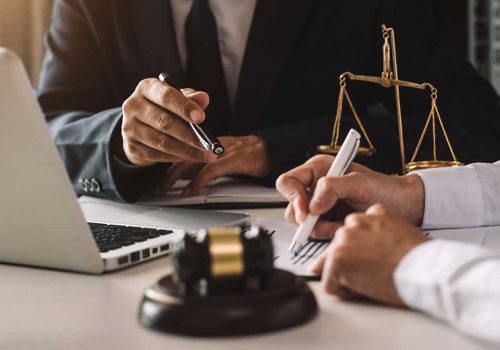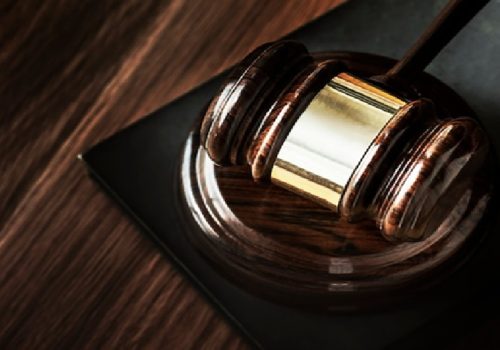Knowing your rights if you feel you were unfairly targeted whilst driving
You can be pulled over by the police while driving for several reasons, and there’s a good chance that once they’ve pulled you over, you’ll be asked some questions. Having a basic understanding of your rights can help you to determine if the polices actions are unjust or you feel you are being unfairly targeted. Here are some things to be aware of when being pulled over by the police.
Know that you have rights if you are pulled over by the police
Legally you must give the police your name and address when you get pulled over and physically hand them your licence when asked, and that’s it. You do not need to answer any more questions if you choose not to. If you don’t have a licence or you forget to bring it with you, you may be fined.
You need to weigh up whether it’s worth not answering their questions just because you don’t have to, sometimes it’s easier to answer their basic questions so you can get on your way faster. Refusing to, even when innocent, can see the process dragged out for much longer than it has to be, and they may suspect you are trying to hide something even if you are not.
The police cannot target you if you are of a different race, a part of the LGBTQ+ community, if you are disabled, if they know you personally and don’t like you or because of your profession or religion.
You can request a lawyer
If you have been pulled over and you believe you were targeted or you’ve been charged with an offence, you don’t have to answer any of their questions until your lawyer is present. You have the right to request this.
Here are some common questions about being unfairly targeted while driving and your rights
Do I have to show my licence to the police if asked?
Yes, you do. It is an offence to not comply with this request. They will ask for your licence to confirm your identity and potentially run checks on you to see if you are legally allowed to drive or not.
What do I say if the police ask me questions other than my name and address?
In most instances, if the police have pulled you over randomly, they will normally ask some standard questions. Being cooperative can get it over and done with quickly however, if you feel you’ve been unfairly targeted, you can decline to answer any questions if you wish. If you’ve been arrested, always seek legal advice as soon as you can.
Can the police search my car without a warrant?
The short answer is yes, they can. They can legally search your vehicle if they believe that you have acted unlawfully or they reasonably suspect criminal activity of any kind. Some examples of this are listed below:
-
You or your passengers are a public safety risk
-
The vehicle has been involved in a crime
-
The vehicle contains prohibited items or anything that could be used to commit a crime
-
The vehicle contains stolen goods
-
You or your passenger has drugs on you or they are believed to be in the car
-
Evidence of a committed crime
-
Weapons of any kind are in the vehicle
Can the police use evidence found in my car against me in court?
If the police searched your car without a reasonable lawful reason, any evidence presented to the court may be refused. If you do not give your consent for your car to be searched, ensure that this is made clear and that it is documented. Witnesses can help your case further.
Can I decline a breathalyser test?
You cannot refuse a breathalyser test if you have been pulled over by the police unless you have a lawful reason such as being medically unable. If you cannot physically provide a sample of your breath, you may have to provide a blood sample instead. Refusing to do either is considered a criminal offence and you will be charged. This offence carries heavy penalties and is considered serious by the courts.
Why knowing your rights is so important
It can give you the confidence to stand up for yourself if the police are doing the wrong thing
When you are aware of your rights, you’ll know what you can and can’t do. This can give you the confidence to question a police officers actions if they are unfairly targeting you.
You can get legal representation accordingly
If you know your rights and you feel you have been unfairly treated, you can then seek legal advice in a timely fashion. Some who don’t know their rights and have been charged with something often go on to incriminate themselves making the situation much worse.
While most of us aren’t going to sit there and study policing rules the rights of civilians, it pays to have a basic understanding of what your rights are especially if you have been unfairly targeted. You’ll recognise that what’s happening isn’t right, and you can respond accordingly. If you believe you’ve been targetted incorrectly, contact your local Gold Coast Drink Driving Lawyer now!
Here at Drink Driver Lawyer, we represent people who are facing traffic-related charges, and if you have any questions relating to this post or you’d like some legal advice, contact our team today. Alternatively, you can check out our website for more information.




